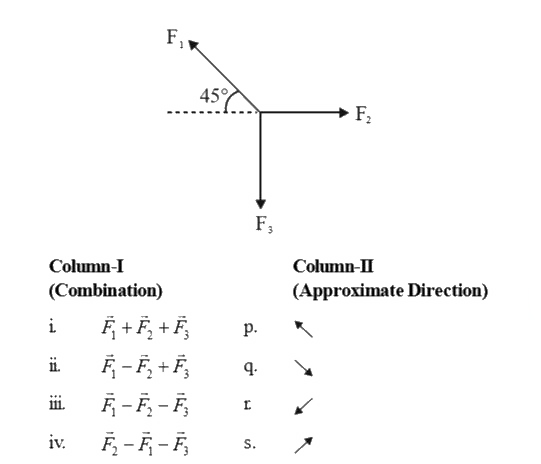I. In cockroach, each testes extend from 4th to 6th _______ segment.
II. Each compound eye in cockroach consists of about_________ hexagonal ommatidia.
Select the correct option.
(a) Thoracic, 1000
(b) Thoracic, 2000
(c) Abdominal , 1000
(d) Abdominal , 2000
The correct Answer is:D
To solve the question step by step, we will address each part of the question regarding the cockroach.
Step 1: Identify the location of testes in cockroach
- The question states that each testes extends from the 4th to the 6th segment. In cockroaches, the body is divided into three main parts: head, thorax, and abdomen. The reproductive system, including the testes, is located in the abdominal region.
- Therefore, the answer to the first part of the question is abdomen.
Step 2: Determine the number of ommatidia in compound eyes
- The second part of the question asks about the number of hexagonal ommatidia in each compound eye of a cockroach.
- It is known that each compound eye in cockroaches consists of approximately 2,000 hexagonal ommatidia. These ommatidia are the individual photoreceptive units that make up the compound eye and are responsible for vision.
Final Answer
Putting both parts together, the complete answer is:
I. In cockroach, each testes extend from 4th to 6th abdominal segment.
II. Each compound eye in cockroach consists of about 2,000 hexagonal ommatidia.
Selected Option
The correct option is D: abdominal and 2,000.
---
- The question states that each testes extends from the 4th to the 6th segment. In cockroaches, the body is divided into three main parts: head, thorax, and abdomen. The reproductive system, including the testes, is located in the abdominal region.
- Therefore, the answer to the first part of the question is abdomen.
- The second part of the question asks about the number of hexagonal ommatidia in each compound eye of a cockroach.
- It is known that each compound eye in cockroaches consists of approximately 2,000 hexagonal ommatidia. These ommatidia are the individual photoreceptive units that make up the compound eye and are responsible for vision.
Putting both parts together, the complete answer is:
I. In cockroach, each testes extend from 4th to 6th abdominal segment.
II. Each compound eye in cockroach consists of about 2,000 hexagonal ommatidia.
The correct option is D: abdominal and 2,000.
Similar Questions
Knowledge Check
Consider the following four statements (i) - (iv) and select the correct option stating which ones are true (T) and which ones are false (F)
(i) In male cockroach, genital pouch or chamber lies at the hind end of abdomen bounded dorsally by 9th and 10th terga and ventrally by the 9th sternum.
(ii) In cockroach, the haemolymph is composed of colourless plasma and haemocytes
(iii) In female cockroach each ovary is formed of a group of ten ovarian tubules or overioules, containing a chain of developing ova
(iv) In cockroach the nymph grows by moulting about 13 times to reach the adult form.A(i) (ii) (iii) (iv)F T F TB(i) (ii) (iii) (iv)F F T TC(i) (ii) (iii) (iv)T T F TD(i) (ii) (iii) (iv)T F T FRead the following statements about cockroach
(i) In male cockroach, a characteristic mushroom shaped gland is present in the 6th−7th abdominal segments which functions as an accessory reproductive gland
Cockroach is uricotelic
(iii) The fat body and uricose glands are glandular in function
(iv) Blood from sinuses enter heart through ostia and is pumped anteriorly to sinuses again.
Which of the above statements are correct ?A(i), (ii) and (iv)B(ii) and (iii)C(i) and (iv)D(ii) and (iv)
Select the correct option about cockroach
View SolutionHow many hexagonal ommatidia are present in each compound eye of cockroach?
View SolutionNumber of ommatidia in each eye of cockroach is
View SolutionIn Cockroach, glands present between 5th and 6th abdominal segments are
View SolutionThe volume of blood pumped out by each ventricle per cardiac cycle is called …..X……which is about …….Y……… . Select the correct option for X and Y.
View SolutionThree forces →F1,→F2 and →F3 are represented as shown. Each of them is equal magnitude.

Now match the given columns and select the correct option from the codes given below.
View Solution
